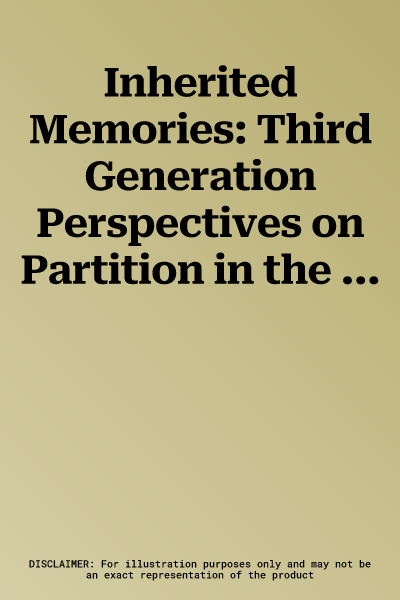A collection of moving firsthand accounts of the Partition of India
and Pakistan in August 1947.
In 2015, the Goethe-Instituts in Kolkata (India) and Dhaka (Bangladesh)
began a collaborative project entitled 'Inherited Memories'. The project
began with a key question that grew out of discussions on memory and
history: was there such a thing as a 'culture of remembrance' in India,
something akin to the Erinnerungskultur in Germany? The question was
asked specifically in relation to the Partition of India in 1947: why
was it that such a major historical event found little reflection in
public memory? Soon, other questions came up: why was it, for example,
that whatever memorializing existed was largely in the West, in Punjab,
and the Bengal region, which had lived through two partitions and a war
that could be likened to a third partition, was given such little
attention? At the time these discussions began, many, perhaps most, of
the survivors of the 1947 Partition were no longer alive and their
memories therefore lost to us. It is often said that memory jumps a
generation, so a decision was taken to talk across borders with the
children and grandchildren of Partition refugees in the Bengal region,
to look at how memory is passed down, what is retained or lost, and how
it is owned and shared by subsequent generations.
This book, which comprises interviews from both Bangladesh and West
Bengal, is the result of these discussions. Guided by a committed and
engaged group of writers from both countries, the book explores, through
the stories of ancestors the memories people carried with them, the
things they never forgot, the yearnings that did not go away, the
journeys that remained unfinished, and those that were accomplished.
Through these, it examines how history simultaneously looks so similar
and so different from either side.

